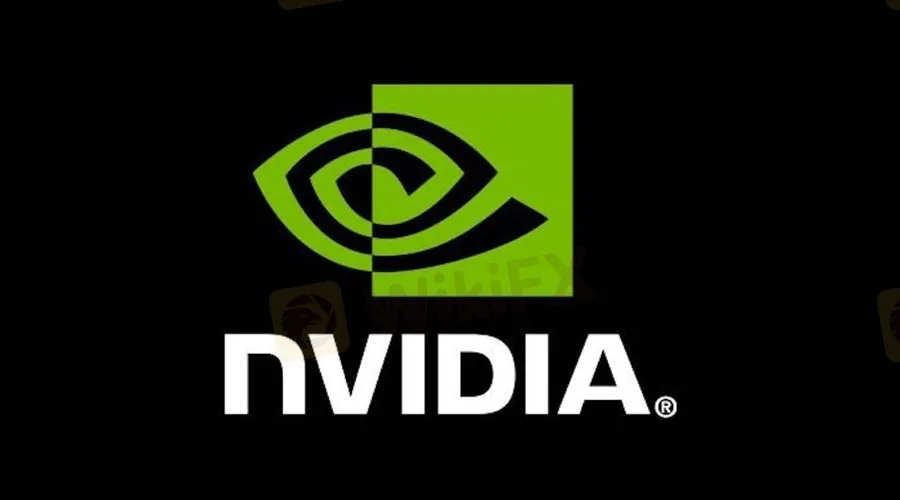Abstract:It’s an interesting time for the industry, with consumers shifting to online work and play

On Monday, August 8th, from their Californian headquarters, Nvidia Corporation - one of the premier technology companies and manufacturers of GPUs for use in gaming, professional applications, vehicles, robotics, and data centers among other applications - published their preliminary earnings numbers for the second quarter ending on July 31st, and the news was anything but good.
It was a sobering report for investors, showing a 19% dip in revenue compared to earlier forecasts, and illustrates the reality of the situation for many such companies that rely on international supply chains for components and positive economic conditions for their potential to thrive.
It‘s an interesting time for the industry, with more consumers shifting to online work and play, and with governments and corporations also pledging to invest more in developing new technologies, as demonstrated by the new ’Semiconductor Chips Act‘ in the U.S, so it’s a great time to take advantage of the current conditions and enjoy solid returns with the help of a trusted broker, such as ActivTrades.
Since the beginning of the year, Nvidia‘s stock has been down more than 37%, as previously high demand during the pandemic has ground to a halt and inventory begins to pile up in warehouses. In this highly competitive space though, and with the cutting-edge technology that Nvidia develops and manufactures, it’s a safe bet that the company will inevitably be able to pivot and see substantial growth again in the near future.
The full official second quarter financial results are due to be released next week, on the 24th of August.

More on the numbers
A predicted revenue of $6.70 billion falls well short in comparison to the expected $8.10 billion that was forecasted over the quarter for the tech giant, with the substantial drop mostly being attributed to a weaker performance from the companys gaming sector, which was down 44% sequentially with $2.04 billion.
The Data Center revenue side of the business also seems to have been interrupted by issues with supply chains and was said to have earned $3.81 billion, a disappointing increase of only 1% sequentially, but a 61% jump on the previous years numbers.
Professional Visualization - the companys Nvidia RTX and Nvidia Quadro professional solutions that involve a multitude of services from desktop to data center to cloud, AI, and advanced graphics, was down 20% over the quarter at $500 million, while the Automotive division of the business was up 59% over the quarter to $220 million.
Founder and CEO, Jensen Huang, took the opportunity in his statement to defend the quality of their products and said that the company would “remain focused on the once-in-a-generation opportunity to reinvent computing for the era of AI.”
Huang also cited macroeconomic conditions as having detrimental effects on sell-through and commented that the company was taking action with gaming partners to make necessary adjustments to prices and inventory holdings.
Following the preliminary release, the companys stock price immediately dropped more than 8%.
Despite this, Nvidia is rumored to be giving their staff pay increases instead of instigating layoffs, as indicated by a supposedly leaked company email and reported on by Business Insider.
In a portion of the communication, Mr. Huang reportedly assured staff that they wanted to help them withstand the ongoing effects of higher inflation and that they would be focusing on making the company leaner and more agile by eliminating wasteful processes rather than cutting personnel.
Where to from here?
Nvidia pointed to an expectation that the challenging market conditions will be a persistent threat to their business and others throughout the third quarter to follow. With demand for chips waning as consumers struggle to grapple with the rising cost of living and many having less discretionary income to spend on updating their gadgets, particularly items like PCs, smartphones, and gaming consoles.
Micron is one other such company thats had to demonstrate an ability to make operating adjustments in response to shifting economic factors. Despite pledging to invest $40 million in manufacturing over the next ten years in the U.S, waning demand for their products in the last few months has seen the company release a far lower than expected revenue forecast and possibly expected negative free cash flow to follow in the coming months.
Intel, Qualcomm and Advanced Micro Devices have all recently cautioned of slowing demand in their businesses for many of the same reasons as Nvidia and Micron.
According to the company‘s EVP and CFO, Colette Kress, though, all is not lost for Nvidia’s long-term gross margin profile. With the plan to slow operating expenses, balance the companys investments for growth in the long-term and manage profitability in the short to medium term, these current challenges could be skilfully navigated.
“We plan to continue stock buybacks as we foresee strong cash generation and future growth,” she said.
In the meantime, chip-makers across the U.S will soon be reaping the benefits of the new bill signed into law by President Joe Biden on the 2nd of August. The Act, which delivers $52.7 billion in subsidies for the semiconductor industry in the U.S, is designed to directly compete with Asian manufacturers and is a massive boost for developing new technology and science locally in the U.S, as it includes a 10-year moratorium on any investments in chip manufacturing from concerning countries like China.
“The future is going to be made in America,” said Biden in his statement, stating that the act was “a once in a generation investment in America itself.”
Author bio:
Carolane de Palmas graduated with a Masters in Corporate Finance & Financial Markets and got the AMF Certification (Financial Markets Regulator in France). Afterward, she became an independent trader, investing mostly in European and American stocks/indices.











